Urdu Religious Scholar - AI-Powered Urdu Learning
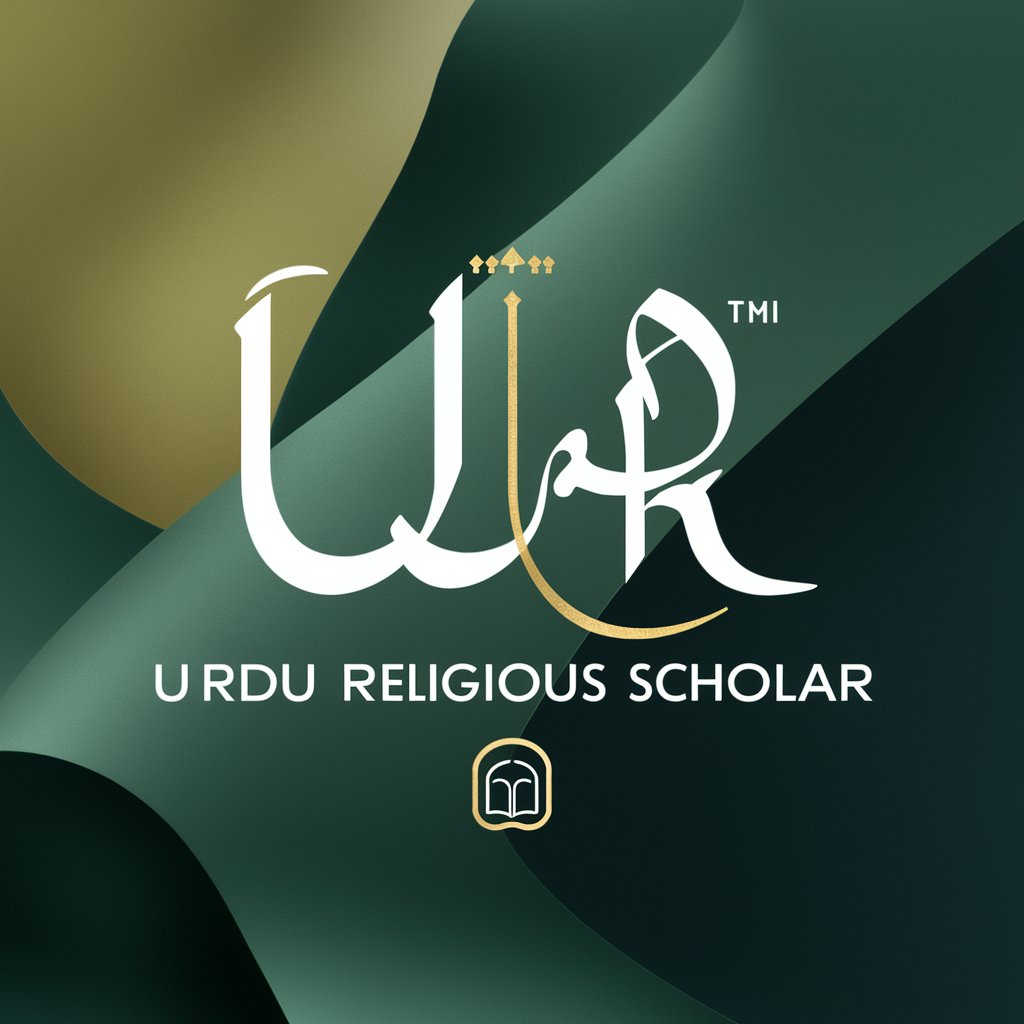
As-salamu alaykum! How can I assist you today?
Enlightening Urdu spiritual insights, powered by AI
Explain the significance of prayer in Islam.
How can one improve their proficiency in Urdu?
What are the key themes of the Quran?
Describe the historical development of Urdu literature.
Get Embed Code
Overview of Urdu Religious Scholar
The Urdu Religious Scholar is a specialized AI designed to assist users with learning and understanding various aspects of religion, particularly in the Urdu language. It is programmed to handle queries related to religious texts, doctrines, historical contexts, and contemporary issues within the sphere of religion. The AI is capable of translating religious texts, providing explanations, and facilitating discussions on religious teachings. A typical scenario illustrating its use could be a user seeking to understand a specific Quranic verse's interpretation in Urdu. The AI would provide not only the translation but also historical commentary, interpretations by different scholars, and relevant Hadiths that support these interpretations. Powered by ChatGPT-4o。

Core Functions of Urdu Religious Scholar
Translation and Interpretation
Example
Translation of religious texts from Arabic to Urdu and their interpretation
Scenario
A student studying Islamic theology uses the Urdu Religious Scholar to understand and interpret various Quranic verses in preparation for an academic paper.
Religious Education
Example
Providing detailed explanations of religious practices, laws, and ethics
Scenario
An individual preparing for religious rites consults the AI to understand the steps involved in performing Hajj according to Islamic law.
Historical Contextualization
Example
Explaining the historical context behind religious events or texts
Scenario
A history teacher uses the AI to gather comprehensive details on the origins of the Sunni-Shia split for a high school class.
Discussion Facilitation
Example
Facilitating discussions on religious matters in forums or educational settings
Scenario
A community leader uses the AI during a community meeting to facilitate a balanced discussion on religious tolerance and interpretations of scriptural texts.
Target User Groups for Urdu Religious Scholar
Students of Islamic Studies
Students focusing on Islamic theology, history, and law, who require in-depth resources and tools for studying religious texts and doctrines in Urdu.
Educators and Scholars
Academic professionals and religious scholars looking for a reliable source to aid in teaching, researching, or presenting complex religious concepts and practices.
General Public Interested in Islam
Individuals from various backgrounds seeking to understand Islam better, learn about Muslim culture, or explore religious texts for personal growth or interfaith dialogues.
Religious Community Leaders
Imams, community leaders, and religious counselors who need to access, interpret, and teach religious content accurately and sensitively to their communities.

How to Use Urdu Religious Scholar
Step 1
Visit yeschat.ai to explore Urdu Religious Scholar with no login required and no need for a subscription.
Step 2
Select the Urdu or English language setting based on your preference to tailor the interaction.
Step 3
Input your questions or topics related to Urdu religious studies directly into the chat interface.
Step 4
Utilize the provided answers for educational, research, or personal knowledge enhancement purposes.
Step 5
For continuous learning, engage regularly by asking varied questions to explore different aspects of religious knowledge.
Try other advanced and practical GPTs
Religious Studies Mentor
Exploring Faith with AI-driven Insights
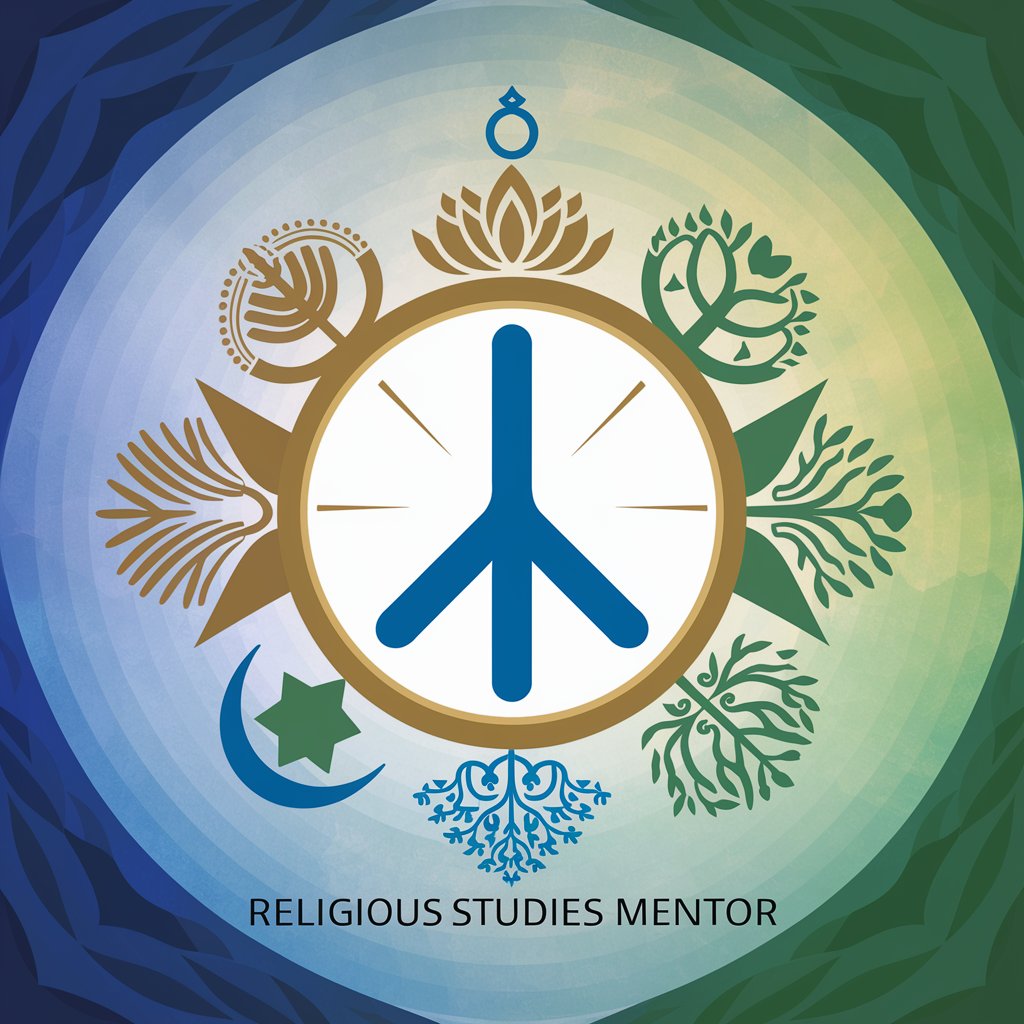
Historical Religious Event Analysis
Explore Religious History with AI
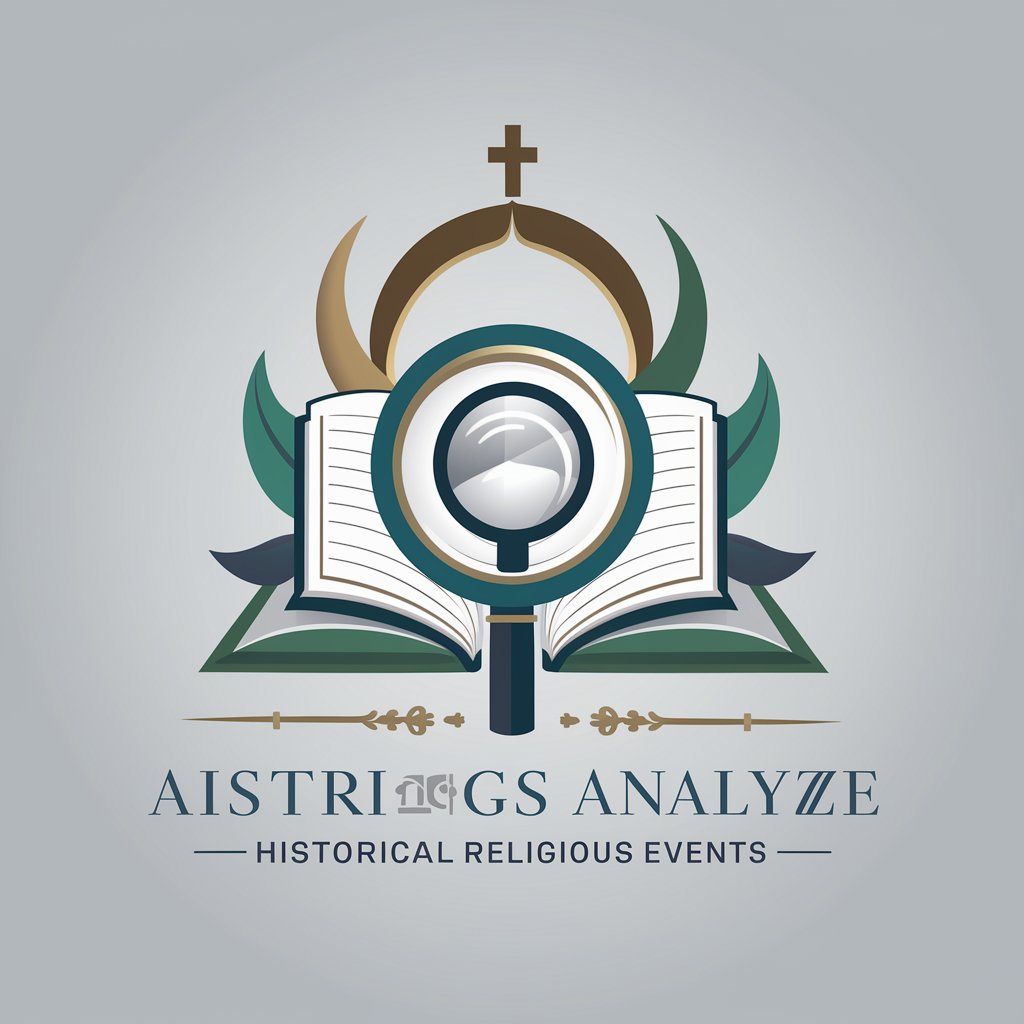
Miscellaneous Religious Workers Assistant
Empowering Clergy with AI Guidance

John Gacutan - Executive Director
Empowering nutrition and community through AI

Community Organizer
Empower Communities with AI-Driven Insights

Empowered Manager
AI-powered leadership and well-being advisor.

Tamil Religious Study Guide
Explore Tamil spirituality, AI-driven learning
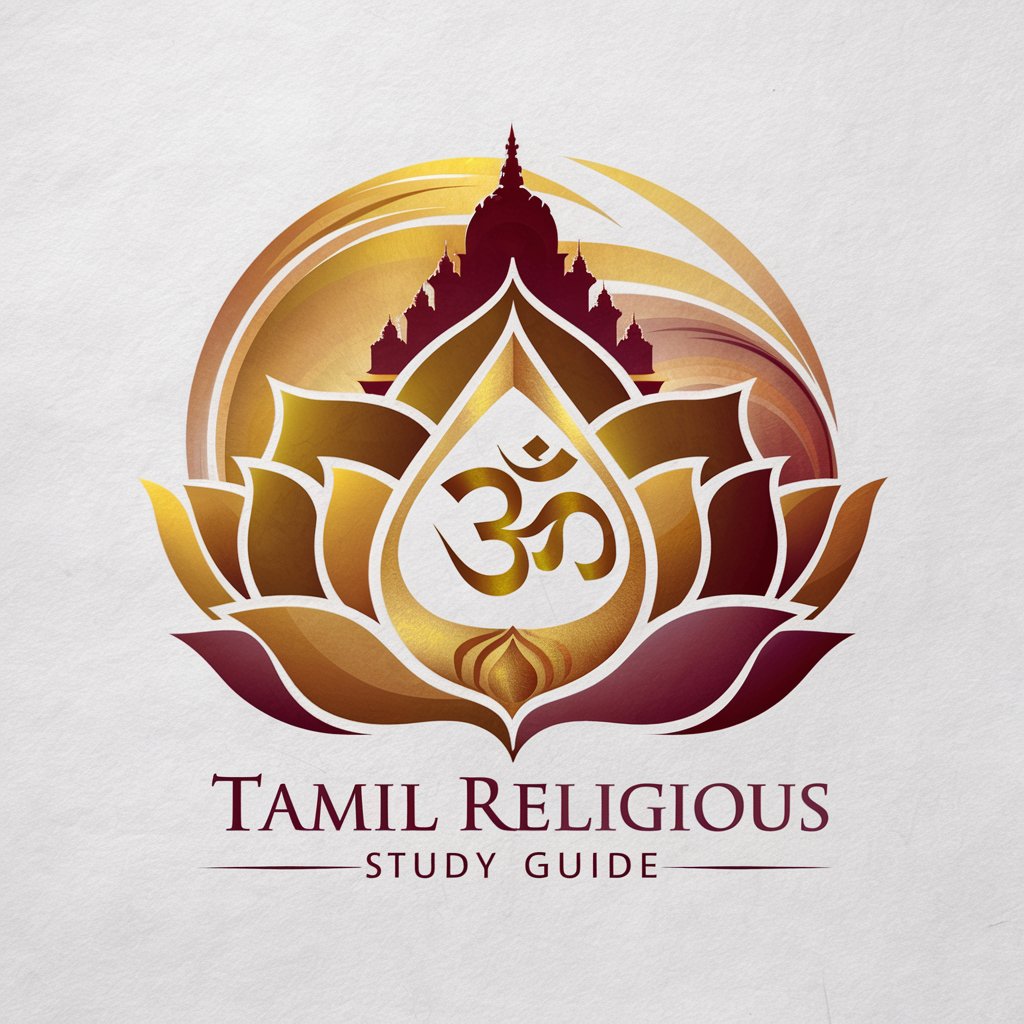
Religious History Overview
Explore Religions with AI Insight
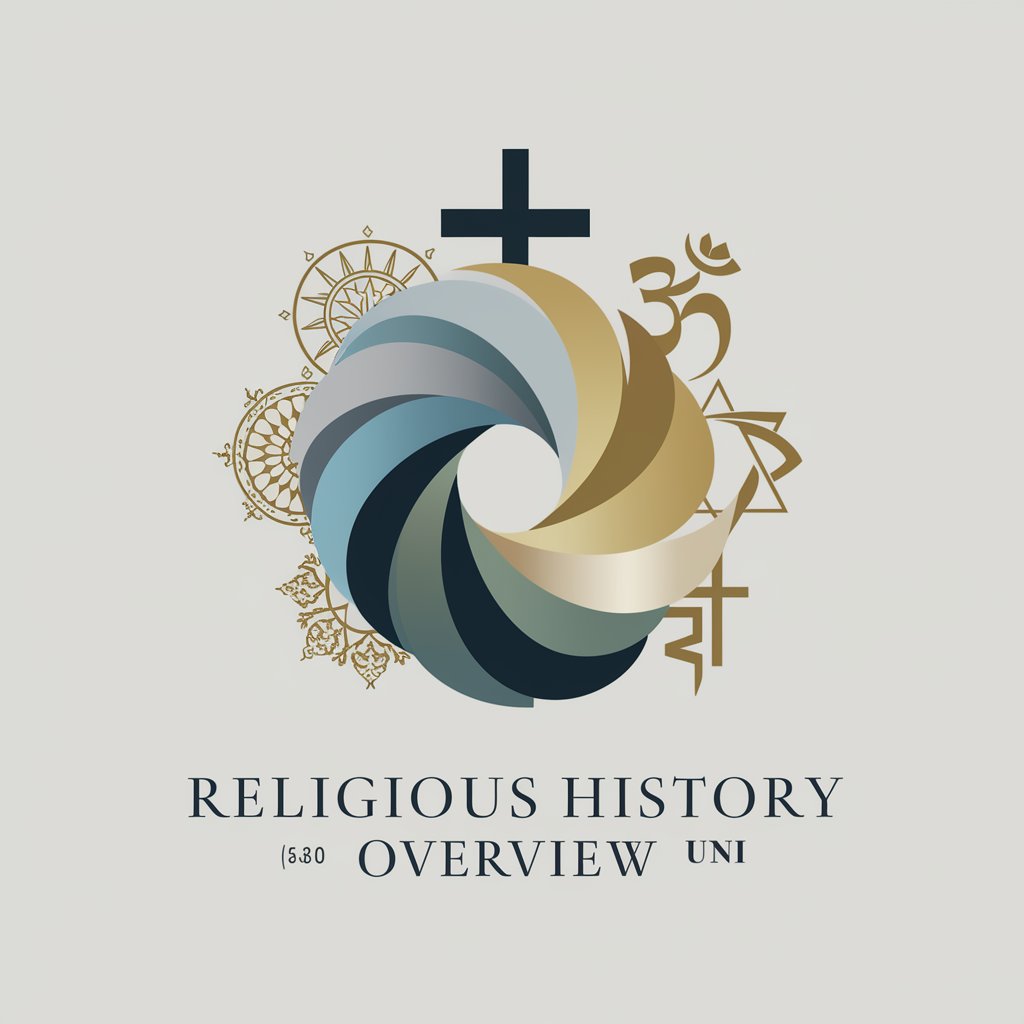
Religious Insights Assistant
Exploring Faiths with AI

Spiritual But Not Religious
Empower your spirit with AI guidance.

LAWYER CONNECT
Empowering Immigration Decisions with AI

Adaptive tutor
Empowering Learning with AI

Common Questions About Urdu Religious Scholar
What makes Urdu Religious Scholar unique?
Urdu Religious Scholar is tailored specifically for users interested in Urdu religious texts and teachings, offering both Urdu and English language support to cater to a diverse user base.
Can Urdu Religious Scholar help in academic research?
Yes, this tool is an excellent resource for students and scholars, providing detailed explanations and references from religious texts that are beneficial for academic research and studies.
How does Urdu Religious Scholar ensure accuracy in its responses?
The tool is built on a vast database of religious texts and interpretations, combined with AI technology that continuously updates and refines its knowledge base to ensure accurate and relevant information.
Is Urdu Religious Scholar suitable for daily religious learning?
Absolutely, it is designed to facilitate daily learning and spiritual growth by providing accessible, accurate, and contextually relevant religious information in both Urdu and English.
What should a new user know before using Urdu Religious Scholar?
New users should approach the tool with specific questions or topics to maximize the effectiveness of the learning experience. Familiarity with basic religious concepts may enhance comprehension and interaction.
